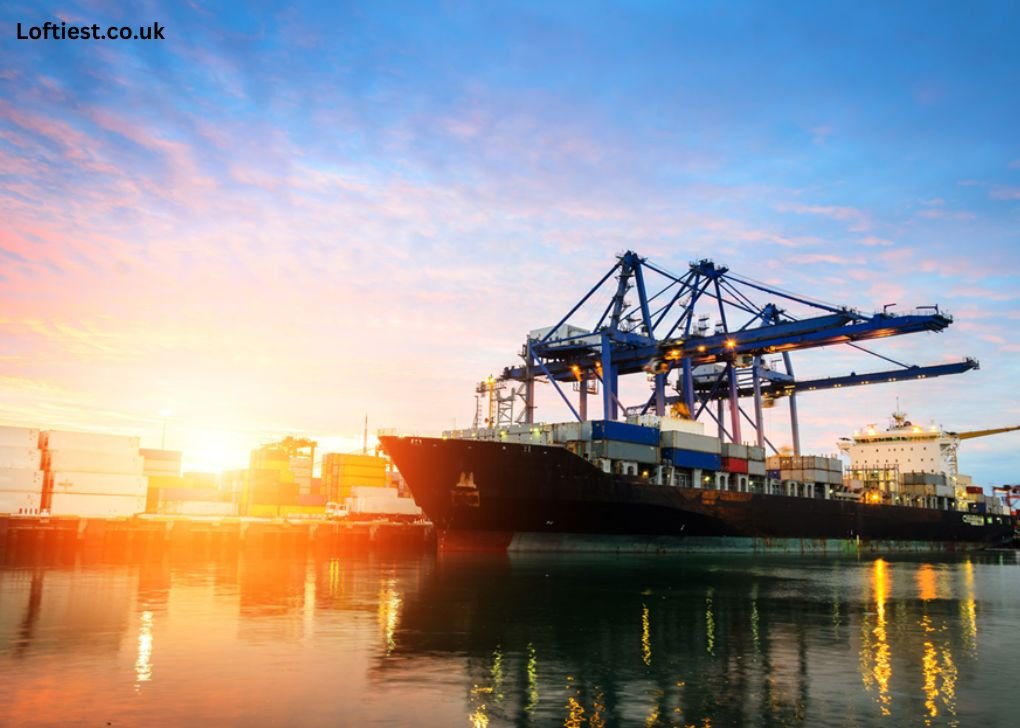Shipping goods from Dubai to the UK can be a complex process that involves several considerations, including logistics, documentation, and regulations. Whether you are an individual shipping personal belongings or a business transporting commercial goods, understanding the intricacies of the shipping process is essential to ensure a smooth and successful delivery.
In this comprehensive guide, we will explore the various aspects of cheap shipping from dubai to uk shipping, including shipping methods, documentation requirements, customs procedures, and additional considerations. By the end of this article, you will have a thorough understanding of how to navigate the shipping process and ensure your goods arrive safely and efficiently.
-
Shipping Methods
Air Freight
Air freight is the fastest shipping method, ideal for time-sensitive or high-value goods. It offers quicker transit times compared to other methods but can be more expensive. Major airports in Dubai, such as Dubai International Airport (DXB), offer direct flights to several airports in the UK, including London Heathrow (LHR) and Manchester Airport (MAN). Air freight is suitable for smaller shipments or urgent deliveries.
Sea Freight
- Sea freight is a cost-effective shipping method for larger shipments or less time-sensitive goods.
- Dubai’s strategic location as a major port hub allows for efficient sea freight services.
- Shipping containers are the primary means of transporting goods via sea freight.
- Several shipping lines operate between Dubai’s major ports, such as Jebel Ali Port, and UK ports, including Felixstowe and Southampton.
- Transit times for sea freight shipments can vary depending on factors such as weather conditions and the chosen shipping line.
Road Freight
- Road freight is a viable option for shipping goods from Dubai to the UK, especially for nearby European destinations.
- Road freight involves transporting goods by truck, crossing multiple countries to reach the final destination in the UK.
- The road freight option is suitable for time-sensitive shipments or when there are no viable alternatives.
2. Documentation Requirements
Commercial Invoice
A commercial invoice is essential for all commercial shipments. It includes details such as the description of goods, quantity, value, and terms of sale. The invoice must be accurate and match the information provided in other shipping documents.
Bill of Lading (B/L)
The Bill of Lading is a crucial document issued by the carrier or freight forwarder. It acts as a document of title, a receipt for the goods, and proof of the transportation agreement. There are two types of Bill of Ladings: straight B/L and negotiable B/L.
Packing List
Each box or container’s contents are broken down in great detail on a packing list. It includes information such as the number of packages, their dimensions, weight, and contents.
Export Licence
Certain goods may require an export licence or permit before they can be shipped. It is crucial to research and obtain the necessary licences or permits before initiating the shipping process.
Insurance Documents
- While not mandatory, it is highly recommended to have insurance coverage for your goods during transit.
- Insurance documents provide protection against loss, damage, or theft of goods.
3. Customs Procedures
Import Duties and Taxes
Import duties and taxes are applicable when importing goods into the UK. The amount of duties and taxes varies based on the goods’ classification, value, and origin. It is advisable to consult with a customs broker or the UK’s customs authority to determine the exact duties and taxes applicable to your shipment.
Customs Clearance
Customs clearance involves submitting the necessary documents and paying any applicable duties and taxes to gain permission for your goods to enter the UK. Hiring a licensed customs broker can help expedite the clearance process and ensure compliance with customs regulations.
- Restricted and Prohibited Goods.
- Certain goods are restricted or prohibited from entering the UK.
- It is crucial to familiarise yourself with the UK’s customs regulations to avoid shipping prohibited items.
- Restricted goods may require additional permits or licences to be imported.
Additional Considerations
The safe transportation of commodities depends on appropriate packaging and labelling. Ensure your goods are adequately packaged to withstand the rigours of transportation. Labelling should include details such as the recipient’s address, contact information, and any handling instructions.
Incoterms
Incoterms (International Commercial Terms) define the responsibilities of buyers and sellers in international trade. Choosing the appropriate Incoterms helps clarify who is responsible for various aspects of the shipping process, such as transportation, insurance, and customs duties.
Freight Forwarder Selection
- Choosing a reliable and experienced freight forwarder is essential for a smooth shipping experience.
- Research and select a freight forwarder with a proven track record in handling Dubai to UK shipments.
- Consider factors such as their network, services offered, customer reviews, and industry certifications.
Conclusion
Shipping goods from Dubai to the UK requires careful planning and adherence to various regulations and procedures. By understanding the different shipping methods, documentation requirements, customs procedures, and additional considerations, you can ensure a successful shipping experience. Remember to consult with professionals, such as freight forwarders and customs brokers, for personalised guidance based on your specific shipment requirements. With proper preparation and attention to detail, you can navigate the send parcel to dubai from uk with confidence and ensure your goods reach their destination securely and on time.
